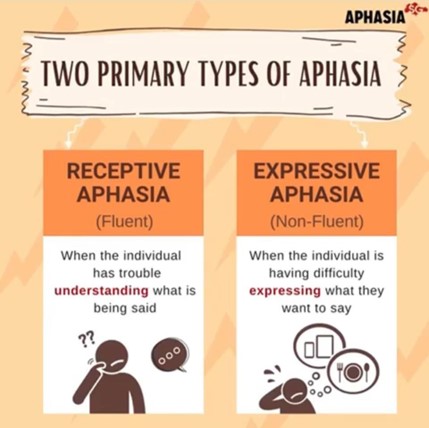A nurse is assisting with the admission of a client.
Which of the following statements should the nurse make to demonstrate the principle of advocacy?
“I will speak with your provider on your behalf.”.
“I will do my best to fulfill my promises to you.”.
“I will keep your personal information private.”.
“I will let you make decisions about your health care.”.
The Correct Answer is A
The correct answer is choice A: "I will speak with your provider on your behalf."
Choice A rationale: The principle of advocacy in nursing involves supporting and speaking up for clients to ensure their rights, needs, and preferences are respected. By offering to speak with the provider on the client's behalf, the nurse demonstrates advocacy by actively working to represent the client's interests and facilitate communication between the client and the health care team.
Choice B rationale: While promising to fulfill commitments is an aspect of maintaining professional integrity, it does not directly demonstrate advocacy. Advocacy is more about actively supporting the client's rights and needs rather than personal dedication to fulfilling promises.
Choice C rationale: Maintaining the privacy and confidentiality of client information is essential in nursing practice, but it is not specifically related to advocacy. Privacy is a separate ethical principle that focuses on protecting the client's personal information and upholding their right to privacy.
Choice D rationale: Encouraging clients to make decisions about their health care is important for promoting autonomy. However, advocacy involves actively supporting the client's decisions and ensuring their rights are respected, rather than simply allowing them to make decisions.
Nursing Test Bank
Naxlex Comprehensive Predictor Exams
Related Questions
Correct Answer is B
Explanation

This type of aphasia is caused by damage to the frontal lobe of the brain, which affects the ability to produce language.
People with expressive aphasia can understand speech and know what they want to say, but they have difficulty saying words or forming sentences.
They may speak in short phrases that require a lot of effort.
Choice A is wrong because receptive aphasia is a type of fluent aphasia that affects the ability to comprehend language.
People with receptive aphasia have difficulty understanding speech and may produce meaningless words or sentences.
Choice C is wrong because global aphasia is the most severe type of aphasia that affects both the production and comprehension of language.
People with global aphasia cannot speak many words and do not understand speech.
They also cannot read or write.
Choice D is wrong because sensory aphasia is not a common term for a type of aphasia.
It may refer to Wernicke’s aphasia, which is another type of fluent aphasia that affects the ability to produce meaningful language.
People with Wernicke’s aphasia can speak fluently but often use incorrect or invented words or phrases.
Correct Answer is D
Explanation
The correct answer is choice D. “You are feeling angry that your family continues to wish for a cure?”.
This response reflects the client’s feelings and encourages further communication.
It also shows empathy and respect for the client’s situation.
Choice A is wrong because it implies that the client is responsible for their family’s lack of understanding.
It may also make the client feel defensive or guilty.
Choice B is wrong because it is judgmental and dismissive of the client’s feelings.
It may also discourage the client from expressing their emotions.
Choice C is wrong because it focuses on the nurse’s needs rather than the client’s.
It may also sound intrusive or presumptuous to the client.
Hospice care is for people who are in the final stages of an incurable illness and want to focus on comfort and quality of life rather than curative treatments.
Hospice care teams provide physical, emotional, social, and spiritual support to clients and their families.
Hospice care can be provided at home, in a hospital, in a nursing home, or in a specialized hospice center.
Whether you are a student looking to ace your exams or a practicing nurse seeking to enhance your expertise , our nursing education contents will empower you with the confidence and competence to make a difference in the lives of patients and become a respected leader in the healthcare field.
Visit Naxlex, invest in your future and unlock endless possibilities with our unparalleled nursing education contents today
Report Wrong Answer on the Current Question
Do you disagree with the answer? If yes, what is your expected answer? Explain.
Kindly be descriptive with the issue you are facing.
